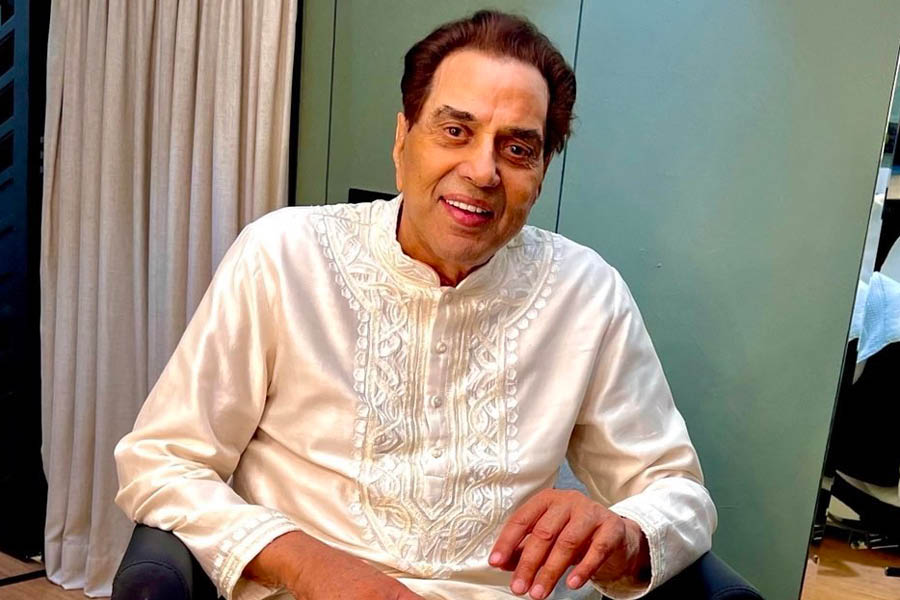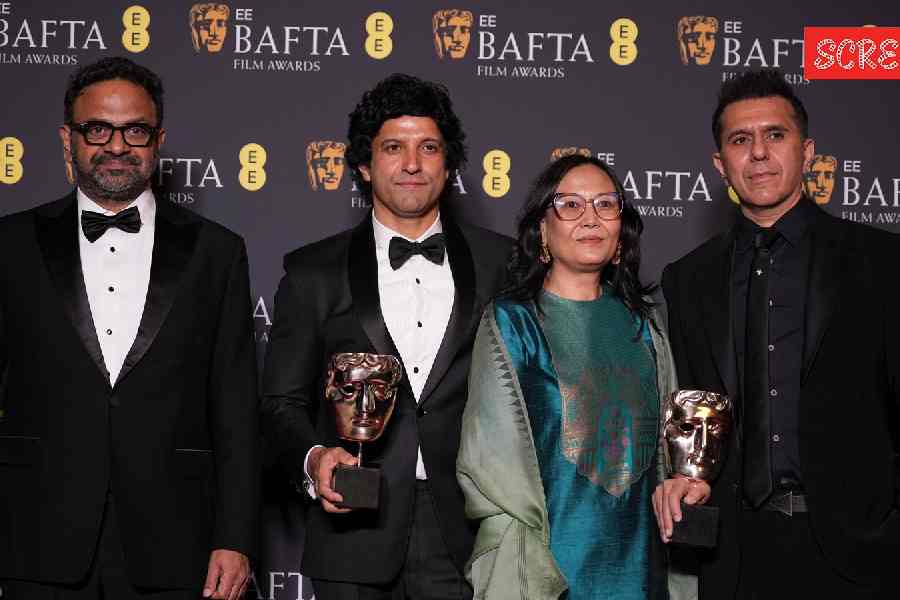 |
| Litterateur Golok Chandra Goswami, along with writer Mamoni Raisom Goswami, releases the second edition of Asomiya Jatiya Abhidhan in Guwahati in December 2010. Picture by UB Photos |
Jorhat, July 6: In a bid to add teeth to his argument for making the Assamese language simpler, Debavrata Sarma, chief editor of the dictionary Asomiya Jatiya Abhidhan, is set to reprint the original text of the Grammatical Notices of Asamese Language, published in 1848 by American Baptist missionary Rev. Nathan Brown.
This text does not include a number of consonants and vowels found in the Assamese language. Accessed from the Berkeley library in California, USA, the only surviving copy of this text was prepared with the help of Jaduram Deka Baruah, a resident of Jorhat, and is written in English with explanations and insertions in Assamese.
“This simplified Assamese orthography, based on the language spoken, does not have any dirgha ee (long e) or dirgha oo nor does it have dwitiya sa or the five mordhanyas — ta, tha, da, dha, na — which were later additions from Sanskrit and make no difference when pronouncing words in Assamese. For example, the Assamese pratham sa (cha in Hindi) and dwitiya sa (chha in Hindi) have the same pronunciation, but there are two different letters of the Assamese alphabet, which is unnecessary,” Sarma said.
He said the Assamese language had more than 870 glyphs that were more difficult to learn than Chinese, that had about 400-odd glyphs. “The English alphabet, that has only 26 letters, has more than 12 lakh words, some even say a crore, and is considered to be the most enriched of languages, However, we have numerous alphabets, 223 juktakhyors, most of them needless amalgams of consonants, besides other permutations that make Assamese difficult to learn, in fact more difficult than Chinese,” Sarma added.
He also said most of the borrowings and impositions in the language, at present, were from Sanskrit and ignored the more recent simple aboriginal orthography. Sarma has based spellings of many words in the two volumes of his four-volume dictionary on this simplified text of the grammar, sparking a debate in the Assamese literary circles recently.
He said the Grammatical Notices of Asamese Language was a rare and valuable text and was worth being preserved as well as studied by students of Assamese language. Sarma hoped that the simplification process would be initiated in the language based on this book. The second edition of the text was by Rev. Pitt Holand Moore in 1893, in which 26 pages of the text contained material on the origin of the orthography. This edition was reprinted in 1982, almost 100 years later by Nagen Saikia, former president of the Asam Sahitya Sabha and noted language expert.
Saikia admitted that he was ignorant of the missing text but opposed any kind of simplification based on this grammar. “English is one of the toughest languages in regard to consonance of spelling and pronunciation and I don’t see anyone complaining. Assamese has passed through an evolution process and we cannot go back to the age of Arunodoi, the first Assamese weekly newspaper brought by Baptist missionaries in 1846,” he said, adding that the spelling of any word was based on etymology, pronunciation as well as convention.
Jyoti Rekha Hazarika, a teacher of the Assamese department at J.B. College here, too, affirmed this view. “I am for simplification but I do not think it is practically possible. All of us associated with the language will have to unlearn many things and no simplification process or dictionary can be accepted without a grammar or textbooks. This will have to be accepted by all the language experts and textbooks will have to be introduced from the lower primary classes with the simplified alphabets and spellings of words. All teachers will have to re-learn a lot in order to teach and there will have to be a revolution that could take ages, if at all,” she said.
Hazarika said the recent Sahitya Sabha workshop-cum-discussion sessions pertained to this and an initiative had been taken. “We would like to see the outcome,” she said.










